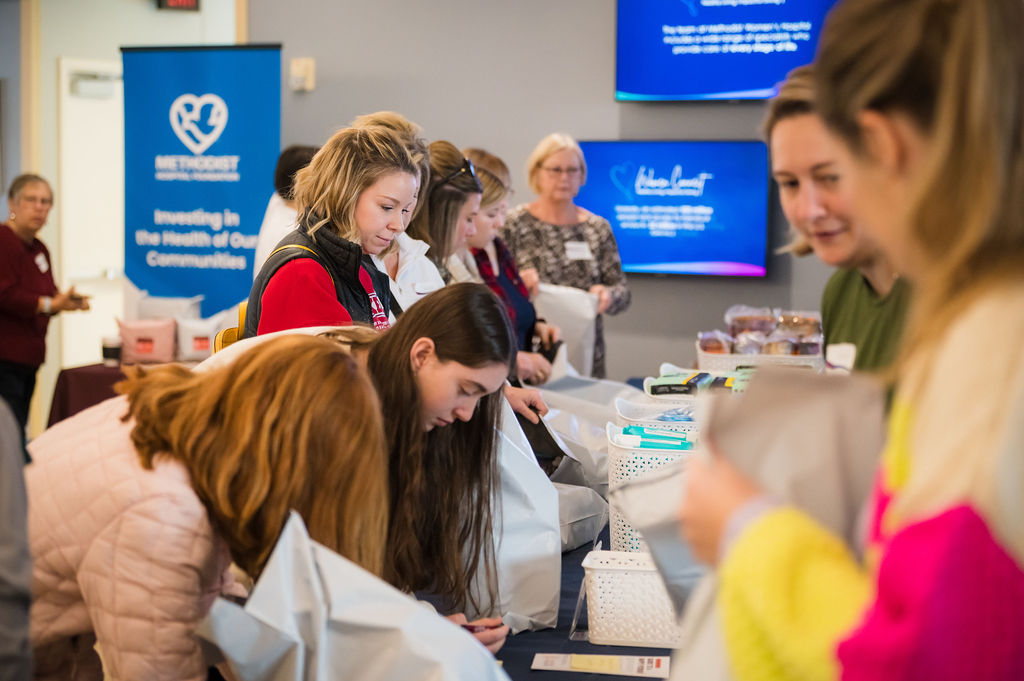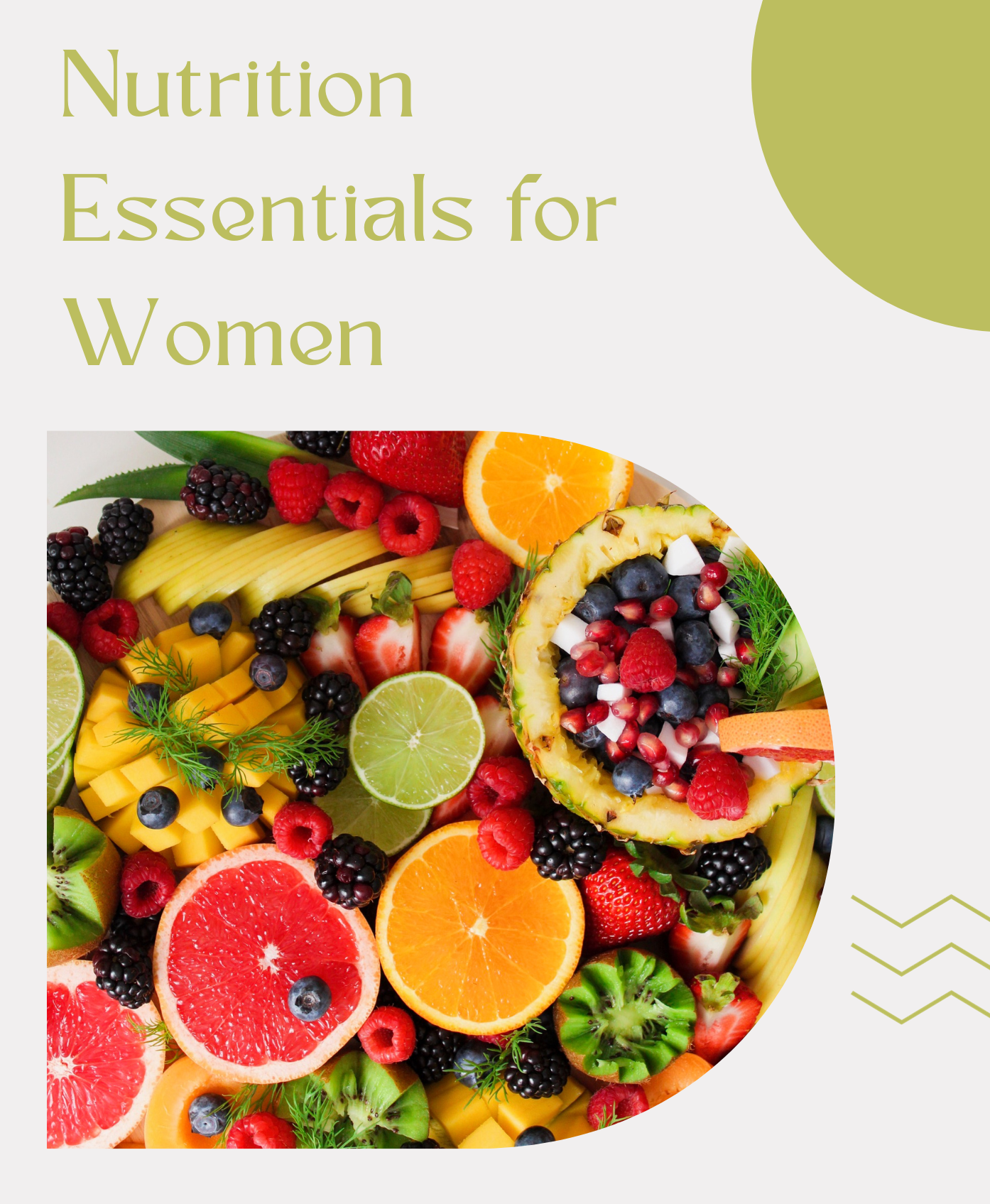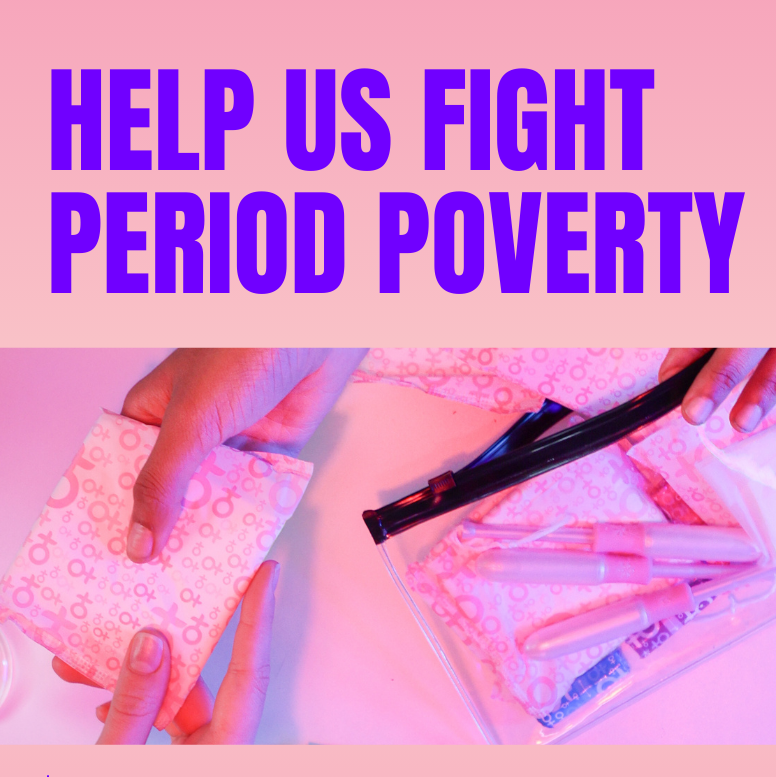
Women Connect
Thank you to everyone who brought their mothers, daughters, friends – and questions – to our latest Women Connect event. Not only did we receive expert insights into the different stages of a woman's life – puberty through menopause – we packed 150 kits to help fight period poverty in our communities.
A special thanks to our panelists – Dr. Carolee Jones, Dr. Brianne Kling and Dr. Annamaria Nagy.
Women Connect Photo Gallery | Saturday, November 4
Click to open the album from our fall event.

Puberty Through Menopause | Answers to Your Most Asked Questions
-
Dr. Annamaria Nagy: “It’s really difficult to predict. The average age of menopause is now 52.4. If you’re physically similar to your mother, you may be menopausal around the same time. There is no test that we can do at any age that will tell us when you will be menopausal. The definition of menopause is no menses for a year.
“A healthy diet, a healthy amount of exercise – and not just cardio – can help with perimenopause and menopause symptoms. Strength is crucial in perimenopausal and menopausal women.”
Dr. Annamaria Nagy: “I am a proponent of FDA-approved, low-dose hormone replacement therapy. Hopefully, when you’re seeing your provider once a year, these questions are coming up, and we can address them pre- or peri-menopausally and not just after menopause. If you have hot flashes, mood swings and changes in libido, address it with your provider. But don’t think that taking high doses of hormones is going to fix everything."
Dr. Carolee Jones: “The average age to begin puberty is around 12. In some ethnic backgrounds, it can be as early as 10. But you can have changes around 6-8 – not necessarily starting your period, but starting to see breast bud development, for example.”
Dr. Brianne Kling: “Start the conversations in small doses. The more we expose young girls to these conversations, the easier these discussions will be. Books are great resources.” Dr. Jones recommended American Girl’s The Care and Keeping of You.
Dr. Jones: “If you have a middle schooler, it might be a good idea for them to keep a period pack in their backpack. You have some wipes in there; you have a pad. Later on, you can introduce tampon use. There is nothing wrong with tampon use. It is not going to affect a young girl’s hymenal integrity, but it can allow girls to continue to have an active life.”
Dr. Kling: “Once they get more comfortable with tampon use, a lot of my patients are also using menstrual (diva) cups. I think that talking about these options with your children is important.”
Dr. Carolee Jones: “Anything that interferes with your function on a daily basis is probably not normal. ‘I’m throwing up. I’m cramping. Ibuprofen or Midol are not helping.’ You may need to see us and see what we can do. We may recommend other medications. After that, sometimes we talk to young ladies about, ‘Do we want to put you on a contraceptive to regulate your cycles or reduce the amount of bleeding?’ There are some times when, despite all this, you’re still having pain. Endometriosis is a very real thing, and it can occur in girls as young as 16. If what we’ve tried isn’t helping, that’s something we have to rule out.”
Dr. Brianne Kling: “When you are starting to think about having a family, the most important supplementation is folic acid. Depending on family history, those dosages come in different amounts. Talk with your obstetrician about what would be best for you. Folic acid is used to help prevent neural tube defects, which are defects in the baby’s spine and brain. A lot of the neural tube develops before the woman knows she’s pregnant, which is why supplementing folic acid prior to that is so important. A basic prenatal vitamin is going to have everything.”
Dr. Brianne Kling: “I was reading a journal article that said the average age of having a first baby in 1970 was 21. The average age in 2020 was 27.5. Women are having babies later in life; family planning is a bigger topic. As we get older, it is harder to get pregnant.
“I have patients say, ‘I want you to test me to see if I’m infertile.’ We do not have that test. If you are actively trying to conceive for 6 months to a year and you have not conceived spontaneously, that is when we want you to come to see us.
“The stigma of not being able to conceive on our own is lessening. We have more information and doctors that are helping to treat this. Plus, the expense of those treatments was astronomical. More has been done recently to get those treatments paid for by insurance companies.”
Resources for Different Ages and Stages

To ensure you have this important information right at your fingertips, we're providing eco-friendly online resources from our Puberty Through Menopause Women Connect event.
If you would like to make an appointment with a specialist, call the Methodist Physicians Clinic Women’s Center at (402) 815-1700.
Nutrition Essentials for Women at All Stages of Life
While most women and girls can get recommended vitamins and minerals by eating healthy, others may need a supplement to meet nutrient requirements.
👉 Download expert guidance – stage by stage – from Methodist dietitian Deborah Willcox, RD.
How to Do Kegel (Pelvic Floor) Exercises
Kegel exercises, also called pelvic floor muscle training, can help treat bladder problems and improve bowel control.
👉 Download this how-to guide and start kegeling today!
Choosing the Best Menstrual Hygiene Products for You
There are more choices than ever when it comes to menstrual hygiene products, including menstrual cups and menstrual underwear.
👉 Download this resource from Nebraska Methodist College for help choosing the product that's right for you.

Impactful Giving
We need your help confronting the challenge of period poverty in our communities.
One in three low-income women has missed school or work because they were not able to manage their period.
Your gift will help ensure Methodist patients and students in need have access to safe, hygienic menstrual products.
Donate Today
Have a friend or family member who would be interested in Women Connect?
Please forward this link so they can learn more: MethodistHospitalFoundation.org/WomenConnect
